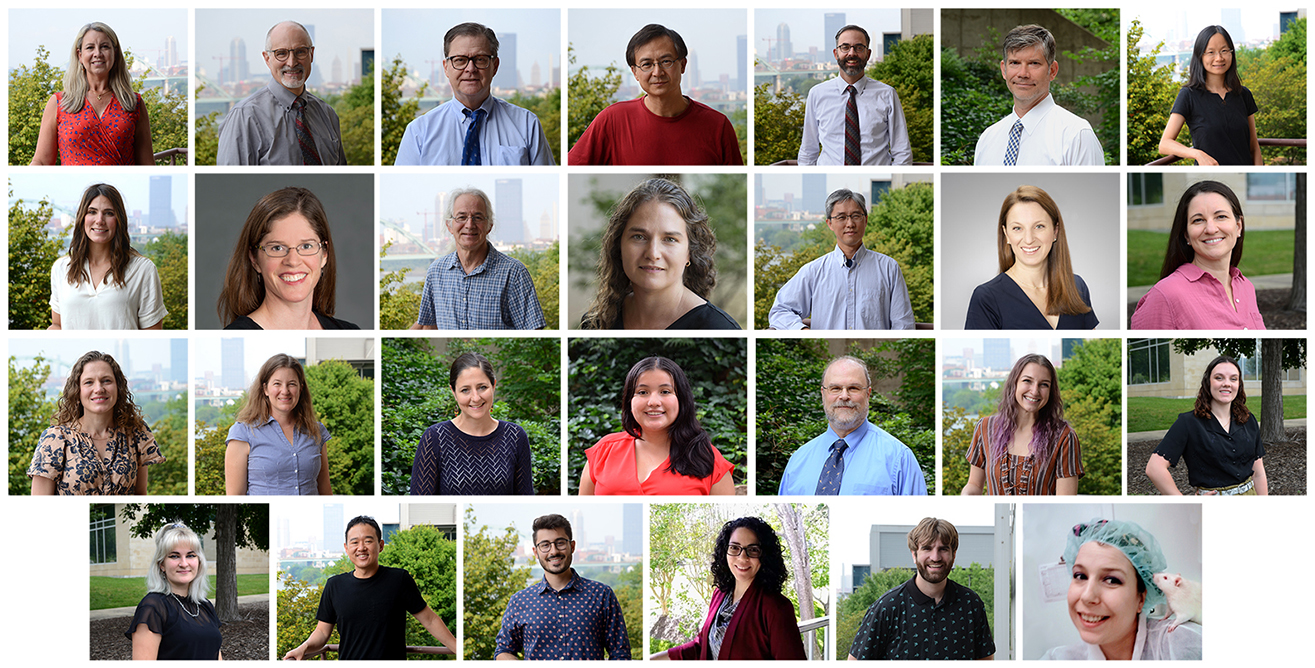Each research project and core is led by a pair of researchers, and many others provide research support to the leads. Here is the full list of CARRS researchers.
Scientific and administrative leadership of the Center is provided by Center Directors, Colleen McClung, PhD and Daniel Buysse, MD.
Center Administrator Sharon Slovenec, Lead Research Project Coordinator Ronette Blake, and Center Coordinator Sarah Aerni assist Dr. McClung and Dr. Buysse and the Research Team with CARRS Administration.
The CARRS Research Team brings together an exceptional team of highly respected experts in sleep, circadian rhythms, adolescent development, and addiction biology at the University of Pittsburgh. Each member brings unique and complementary expertise to this project. This team has a long history of collaboration, with multiple shared publications and grants, demonstrating their ability to work together in this Center.
They are supported by the Research Support staff, an interactive and smart group of trainees, students and staff who help carry out aspects of the research projects.
The Scientific Coordinating Committee comprises the Project Leads and Co-Investigators of each Core and Project. It meets monthly to set Center scientific priorities; to discuss progress and obstacles toward achieving Center goals; and to plan Center training and educational activities.
The University Advisory Board consists of leaders at the Department and University level who help to promote the overall goals of CARRS.
The External Advisory Board (EAB) provides expertise on the overall progress of the Center, as well as specific scientific expertise. The EAB will review progress toward the Center’s pre-established goals and milestones; review the activities, progress, and findings from the Cores and Projects; advise investigators regarding the interpretation of findings; assist the investigators in applying their findings to the design of future studies; and suggest new directions for research based on findings from the center.


